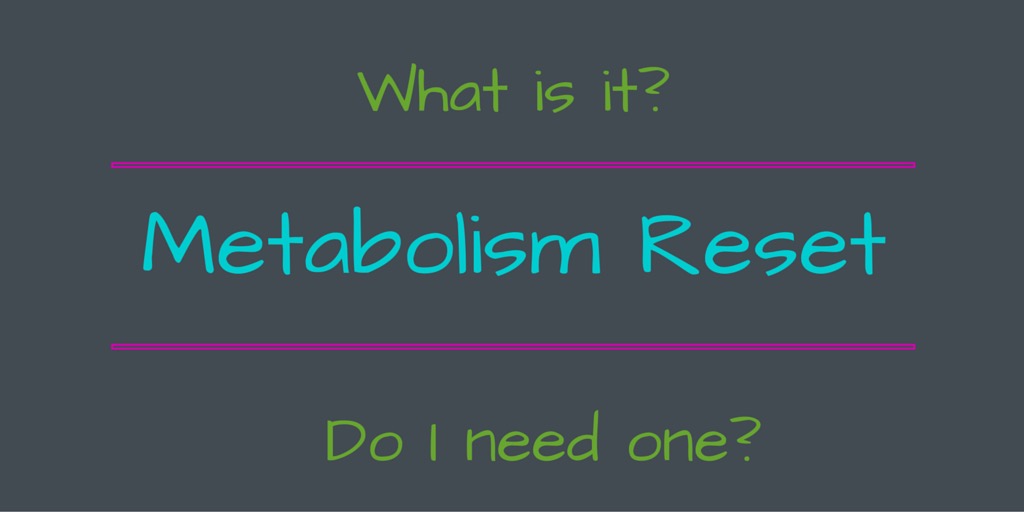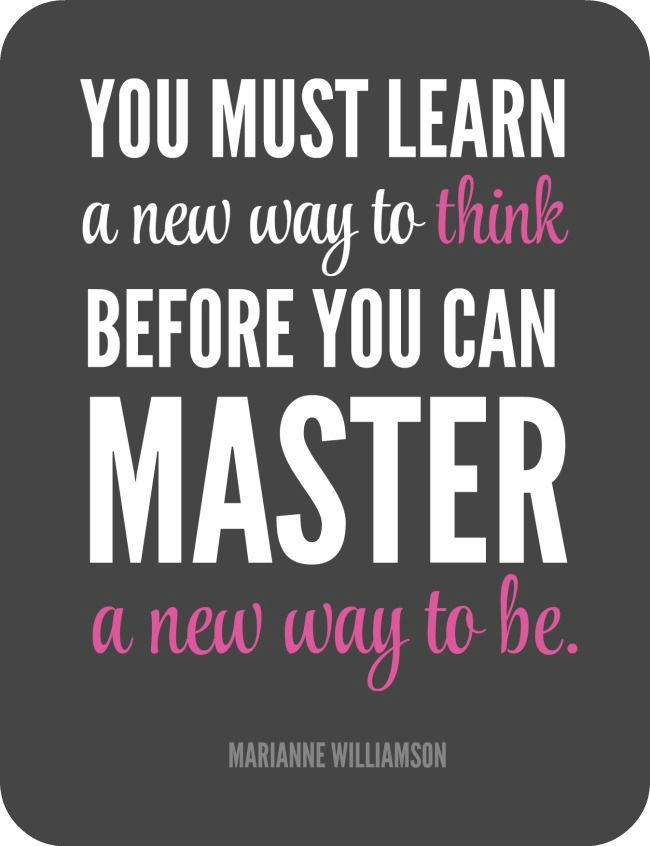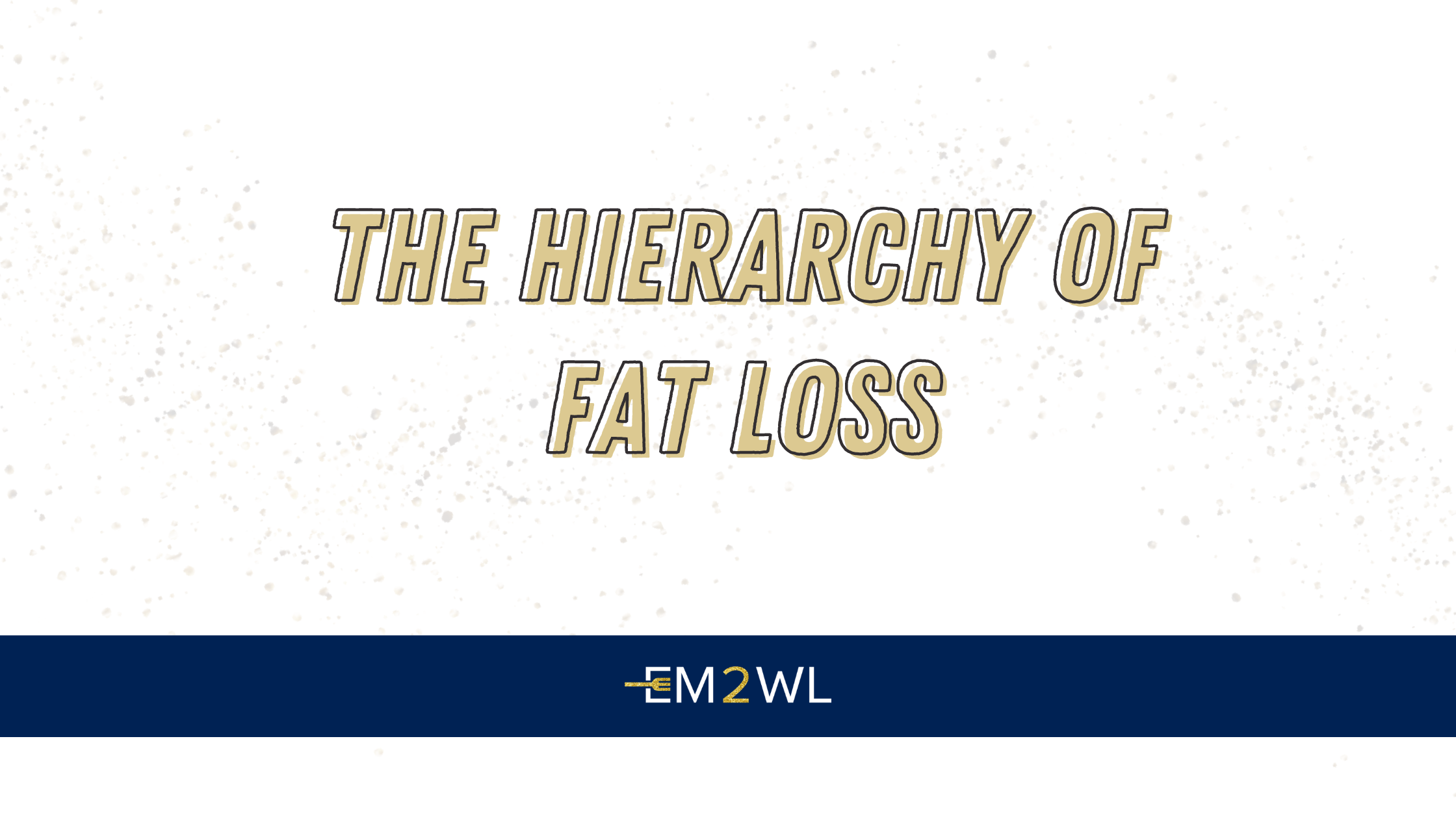There are some warning signs that your diet plan may not be working. Find out what these red flags look like so you can make an informed decision about whether or not to start a new (or keep following your current) diet plan.
Red Flags In Dieting
If you’re looking online, scrolling social media, or browsing diet books in the store, make sure that you always look for these red flags.
Is it Restricting?
The key to permanent weight loss is a sustainable and long-term style of eating. If a diet removes your favorite foods, it will be challenging to keep up the behaviors. Remember, weight management and keeping the weight off is more important than losing it. Whatever you do to lose fat, needs to be something you can stick to going forward. So make sure that diet that you’re considering allows you to eat foods that you love. If it’s doesn’t, you will not be able to be consistent with it. This means that even if you do lose the weight, you will not be able to keep it off because once you start adding back in the good stuff, the weight will pile right back on.
So if the diet you’re considering removes everything that you ever loved in life, that’s red flag #1. Right off the bat you know that that is not going to be a sustainable weight loss plan for you. Weight loss is not the issue. Weight management is. Keeping the weight off is the goal.
If it’s not something that you can stick with long-term, keep looking.
Is it Flexible?
Does it allow you to be flexible? So maybe even if it does cut back on certain things or it’s reducing things that perhaps you do genuinely want to reduce, or help you to eat less of certain things. Is there a flexibility aspect to it?
If you go off track, is it over?
It should not be all or nothing. If it does not allow you to be flexible (read: it doesn’t let you eat cake at your son’s birthday or have that glass of wine when you’re out with your husband or eat something for a special occasion) – that is a huge red flag. If you go “off plan” and experience feelings such as, “Oh well, I blew my diet!,” that is Diet Mentality and whatever you’re doing is probably not sustainable.
Along those same lines, if you have to have cheat days or days where you’re allowed to go off the rails, then you may need to rethink it. If Monday through Friday your diet is “perfect,” but on Saturday and Sunday, you’re binging enough that it ultimately outweighs what you did Monday through Friday, then it was pointless.
We’re often dieting, and we don’t realize that that’s what’s creating the binges. You end up in this nasty restriction cycle because you feel so bad that you binged that you start your diet Monday again, and you’re super strict again, and you can only hold out for so long, which goes right back to number one – if you’re not eating the foods you love, then it’s not sustainable. If it’s not flexible, then it’s not sustainable.
Is it Realistic?
If it promises a certain amount of weight loss, like “10 pounds in 10 days” or “lose 30 pounds in X amount of time” to anyone who does the diet – those are not individual results. This means that it probably not realistic for you. When you fall into the trap of assuming you can get these types of results, you’ll end up discouraged or trying to force something that may be unnatural to occur within a certain amount of time.
No one can guarantee you any amount of weight loss in a certain amount of time. Your dieting results will always need to have some individualism. If you’re a new dieter, you may lose all the weight quickly, but if you’re someone who has dieted over and over, then you likely have a much slower metabolism – which means it may take you a long time before you reach your goal.
You need to know that the diet that allows you to be consistent is always the diet that wins, period. The perfect diet that can’t stick to is never going to outweigh the imperfect diet that you can adhere to consistently. So you want to find something that you can do consistently, even if it just means that you’re just taking baby steps and saying, “Okay, I’m going to add in a few more servings of vegetables until it is a habit.” Once you have it, then you add on the next thing. Find some way to make it more flexible, including the things you love, and ensure that you’re not on-again or off-again.
Conclusion
Whatever it is, make sure that the lifestyle that you’re choosing when you’re flipping through the books, when you’re looking through the internet, when somebody’s telling you to try the newest thing. Bring up those three red flags.
The whole point is don’t focus so much on weight loss. Focus on maintaining the weight loss because there are 105 things you can do to get the weight off. You can chop off a limb and lose weight, but that does not mean that it is healthy for you. Losing weight is not the issue. The point is that you need to be able to keep it off. So, you have to find something that you can do consistently. It has to be flexible. It has to include the foods that you love.
Maybe you’re thinking; “that’s too easy” or “that will take too long!” We believe we need to punish ourselves for losing fat. You don’t have to give up the foods you love; stay flexible and don’t fall for anything telling you that you’re going to lose a set amount of weight at a set amount of time. The time will pass anyway, so why not use it to take steps toward permanent (rather than fleeting) results. Just take baby steps, build those habits and watch your body slowly transform in a way that lasts.
![]()
Links
Download Your FREE Quick Start Guide
Sign Up For The FREE Women’s Fat Loss Webinar
SUBSCRIBE To Our Youtube Channel
Discover more from Eat More 2 Weigh Less
Subscribe to get the latest posts sent to your email.





Recent Comments